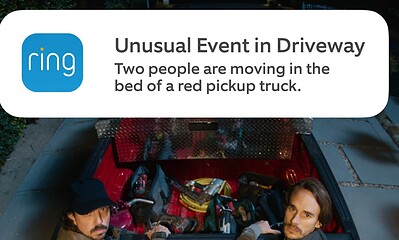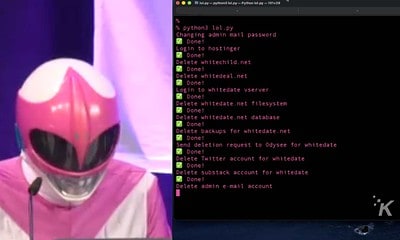News
Why a world without Twitter will be a better one
Twitter faces a terminal decline. And that’s ok.
Just a heads up, if you buy something through our links, we may get a small share of the sale. It’s one of the ways we keep the lights on here. Click here for more.
The quaint Scottish island of Jura is primarily known for two things: excellent whiskey and its stunning wind-swept scenery.
It’s a pretty, rugged, and isolated place. But for a brief moment in 1994, it earned notoriety as the venue for the art world’s most controversial stunts of that year.
The K Foundation, a British performance art group, rented a boathouse on the island. Over the course of an hour, the artists meticulously burned £1m in cash (around $1.5m at historical exchange rates).
As the group fed thick bundles of banknotes into the roaring fire, a grainy video camcorder sat nearby, capturing the spectacle frame-by-frame.
The piece — dubbed “K Foundation Burn a Million Quid” — wanted to inspire a conversation about the value of money.
More to the point, they wanted to create something more valuable than money. Neither happened. Instead, it provoked outrage. The following year, the K Foundation dissolved.
From Scotland to San Francisco
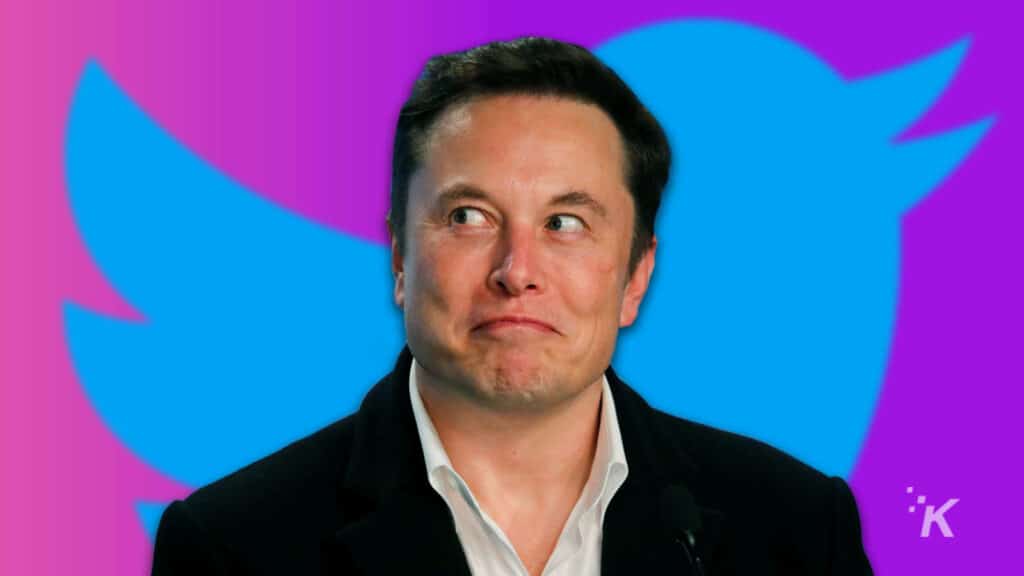
When I think back to that story, I can’t help but think about Twitter.
Elon Musk spent an unthinkable sum of money on buying Twitter. The purchase cost more than the entire 2022 GDP of Latvia — a European Union nation.
And, like the K Foundation, he’s effectively burned it. $44 billion. Up in smoke.
Twitter is dying. You might think this statement is premature. Sure, the company is enjoying a momentary spike in user numbers. And the company is desperately trying to diversify its revenue.
But that has come at the expense of the fundamentals. The elements that made Twitter relevant.
The biggest difference between the K Foundation and Elon Musk isn’t the scale. It’s that Musk financed his acquisition by taking on massive amounts of debt. He is on the hook for billions. But the end result will be the same.
I genuinely believe Twitter’s future looks grim. I’ll outline my reasons why in the coming paragraphs. If you want to skip that bit, here’s a spoiler: Social media companies never survive declines.
When users leave, they never come back. It’s a trend that only goes in one direction. Down. What’s more interesting is why this might be a good thing.
Twitter is (or was) the global town hall. But its relevance had a massive cost for our society. Our culture. How we talk to each other. How politicians craft policy and talk to constituents.
Twitter’s vital signs
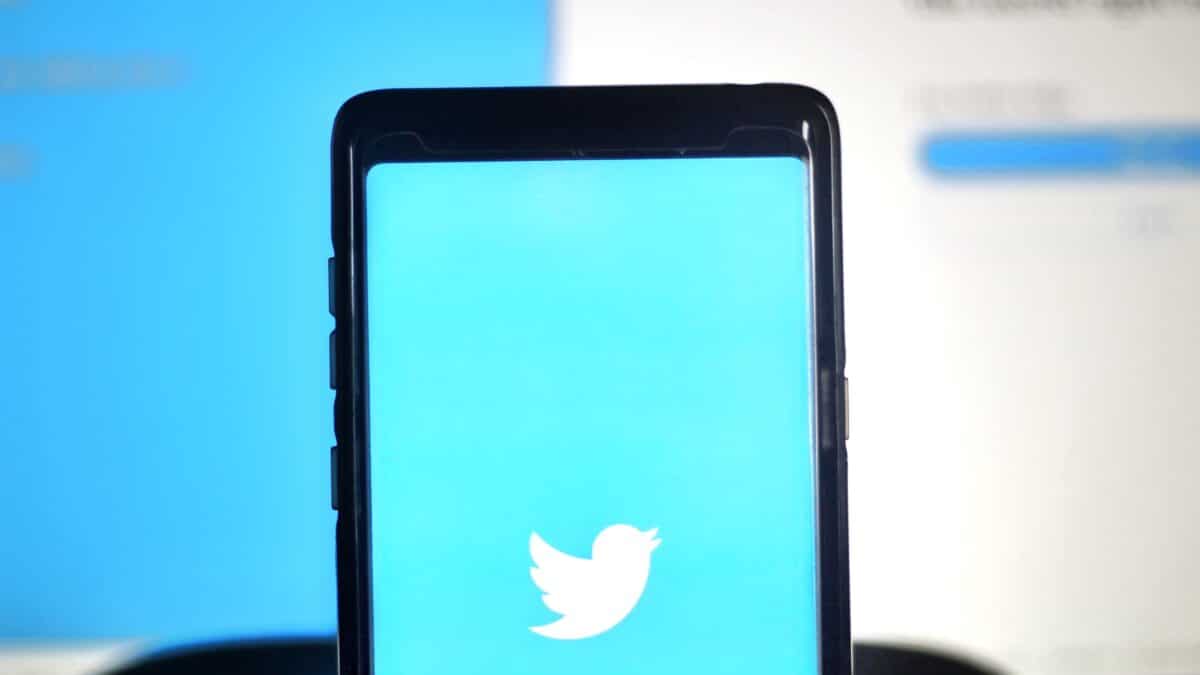
I’m going to keep this section brief. It’s probably an entire article in itself. There’s a lot to talk about here. But this article isn’t about that. I’m going to lay out my thesis on why Twitter is dying.
- Twitter has purged the number of workers on its payroll. These job cuts span almost every part of the business, from engineers and sysadmins, to communications and admin. These workers are essential to keep the platform running.
- Morale has plummeted. Twitter employees are pulling unfathomably long shifts, just to keep their jobs and meet Musk’s demands. They’re deeply depressed about the future of the platform, and the ability of the company to moderate user-generated content properly.
- Twitter is trying to re-hire the workers it laid off. But will they come back? Unlikely. Despite the general downturn in the tech world, jobs are still available. They’ll find somewhere else to work, where they feel less negative about the company’s direction.
- With headcount slashed, and institutional knowledge walking out the door, maintaining the platform will prove increasingly hard. Twitter will ultimately become less reliable. Slower. Buggier.
- And with fewer people to moderate and secure the platform, the company is at a greater risk of regulatory action.
- Twitter doesn’t even have a communications department anymore! They’re effectively incapable of responding to crisis events.
- Musk’s controversial profile, and the disastrous launch of Twitter Blue verification, will deter advertisers. Twitter remains highly dependent on ad revenue.
- Twitter’s biggest users will flee the platform, heading to places like Mastodon and Substack, or deepening their presence on Facebook and Instagram. They’ll inspire other users to leave. The network effect is real.
- There’s a real chance someone will capitalize on Twitter’s malaise, launching their own microblogging alternative at a point when the company is most vulnerable. Just like Facebook did to MySpace.
When combined, these factors spell trouble for Twitter. And I honestly can’t imagine a situation where things get better.
I’m okay with that
I’ve used Twitter on and off since it first launched in the late 2000s. I’m old enough to remember when Twitter would send timeline updates via SMS. This was, obviously, in the pre-smartphone days.
I have genuinely fond memories of the site. It led me to this publication. Twitter is the place where I met some of my closest friends. I’ve learned a lot. Twitter gave me access to some of the brightest minds on this planet today.
I can’t think of another time in history when politicians, scientists, musicians, and artists were so accessible.
But Twitter isn’t without fault. For all of its virtues, the company has also caused tremendous amounts of damage to society.
The ultimate paradox of Twitter is that it makes it so easy to access these brilliant minds, but makes us dumber in the process.
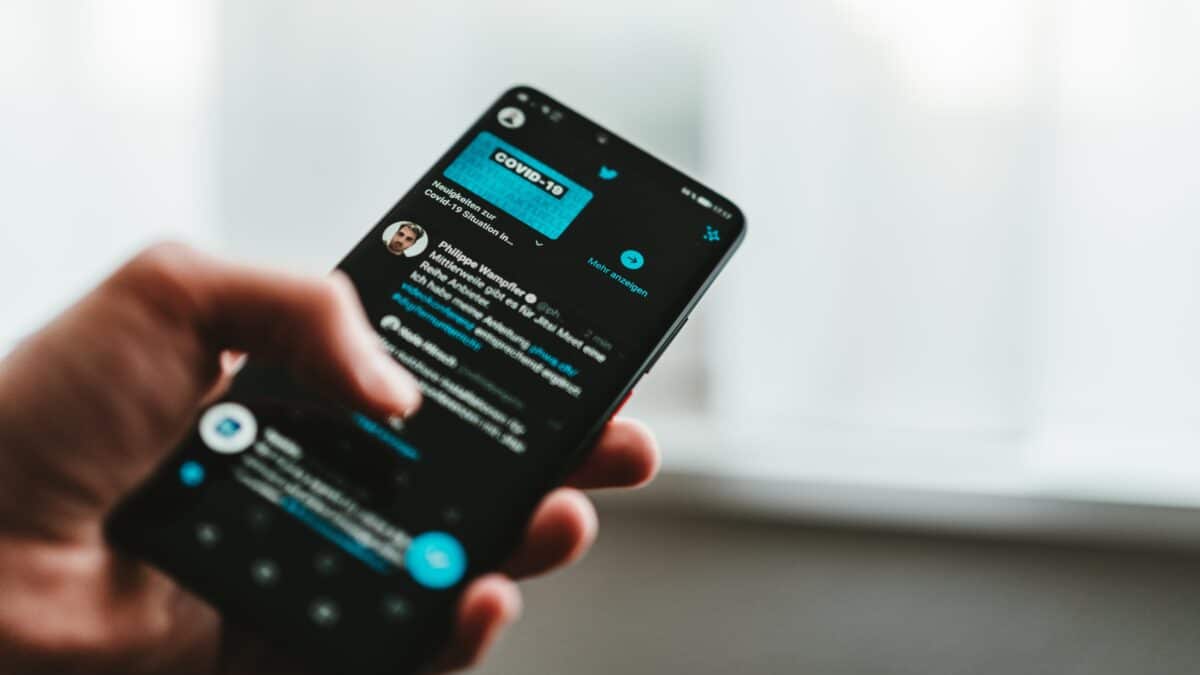
Twitter’s original sin is that it killed blogging. And, in the process, nuance. Pithy 140-character (and later 280-character) messages replaced longer, more thoughtful pieces of writing.
It’s hard to package coherent, nuanced arguments within the confines of a Tweet. And so, we got hot takes. We got moral certitude.
Complex issues worthy of debate were distilled into two binary choices: the right one and the wrong one.
It’s hard to overstate how bad that is. Life is complex. Debate is important. And what’s the inevitable conclusion to a world where every issue can be sorted into “good” or “evil?”
You start looking at your opponents as inherently evil. Because if they disagree with you, they obviously must be on the wrong side of history, right?
The Twittering of our institutions
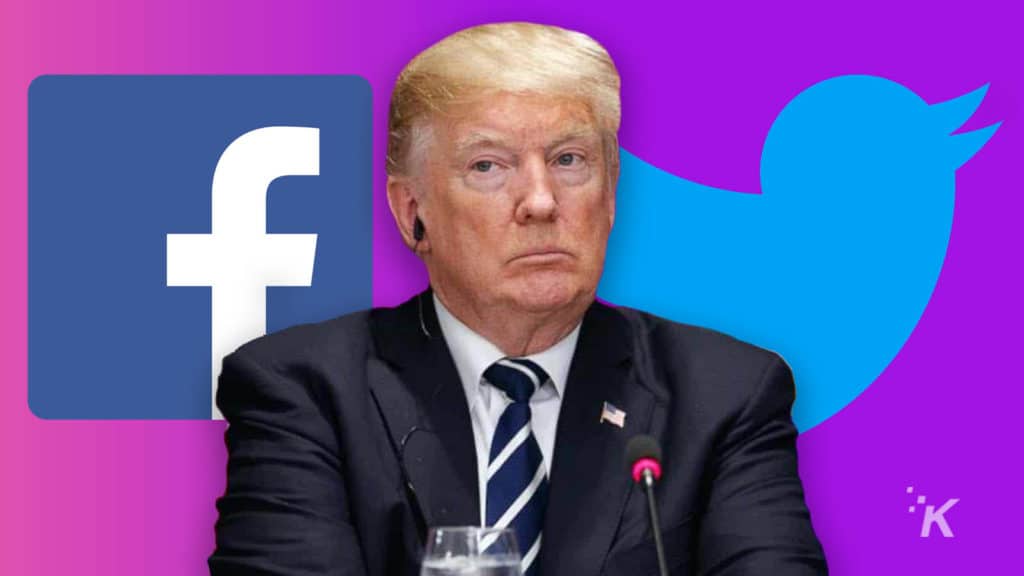
Twitter’s impact on our institutions — particularly media and politics — is equally depressing. I’ll start with media, as it’s the space I’m most keenly familiar with.
Journalists are obsessive Twitter users. It’s also — crucially — the primary location where journalists receive feedback from readers and industry colleagues.
Inevitably, the moral certainty (and worse — lack of curiosity) that defines media Twitter now infects established publications, like a virulent pathogen.
New York Times writer Farhad Manjoo, speaking to NPR affiliate WBUR, summed it up best. Describing Twitter as a clubhouse for the media industry, he said:
“People just kind of offer their takes, their opinions on the news. And because tweets are short and they don’t offer a lot of room for nuance and because people are just sort of being reflexive, the interface drives us to not really consider what we’re typing and how it looks.”
Manjoo made another salient point. Twitter is increasingly an “assignment desk.” It’s often the place where journalists source their stories.
“If something is big on Twitter, we put it on cable news, we put it in the paper, we put it everywhere else. I don’t think Twitter is sort of a reflection of the real world,” he said.
“The impressions that you hear on Twitter are motivated for all of these reasons, and you’re not getting sort of the slice of the American public or what the man or woman on the street thinks.”
The platform’s reach spreads far and wide
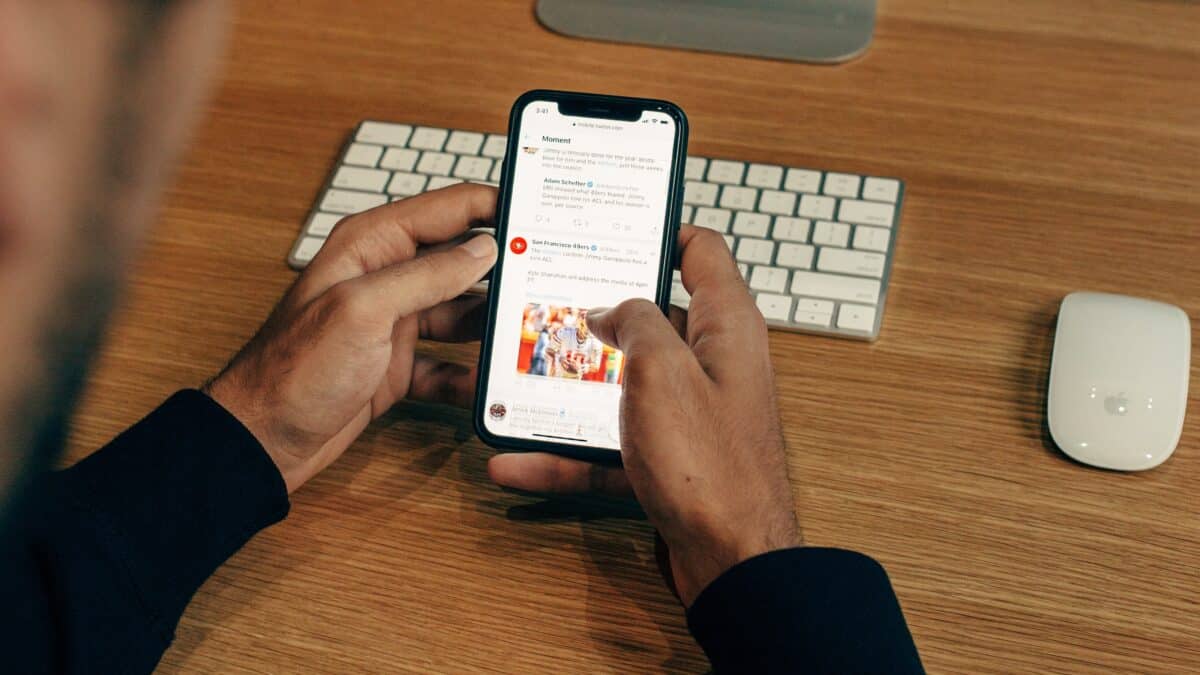
Twitter’s malign influence plays out in other, perhaps unexpected ways, when looking at local publications where budgets are tight, and journalists are encouraged — if not required — to cut the corners of quality.
I won’t get into this too much. But next time you read your local news website, look at how many stories can be distilled into: “Local person has a bad experience at a business, tweets about it.”
Or, worse, contain reaction quotes from random Twitter users. “BigDave1995 said, ‘This is DISGUSTING.’” You get the idea.
Those quotes certainly add to an article’s word count. But do they add anything of substance? Are these opinions qualified, informed, or even say anything particularly interesting?
Politics is a bit more complicated. Unlike a news article, where you can easily track the lineage of a piece, you can’t really draw a line between a policy proposal and Twitter sentiment.
But it does seem likely that the current emphasis on cultural warfare on both sides of the political spectrum has its origins in online chatter. And this has come at the expense of actual dinner table issues, like the economy.
The world without Twitter
I don’t think Twitter will die in a snap. There won’t be a moment when Elon calls time and flicks the “off” switch at a data center somewhere.
But I do think the site faces a terminal decline. As its users depart, its relevance will begin to wane. It’ll stop being the global town hall. Journalists and politicians won’t care about it as much.
And that’s an exciting prospect. Twitter has defined how we talk to each other — and more fundamentally, understand each other — for the past decade and beyond. Its decline will be an opportunity to start afresh.
I don’t know what will replace Twitter. I don’t even know if something will replace Twitter. Whatever happens, I hope it’ll be a space where people are kinder, more understanding, and willing to embrace the complexity of life.
In many respects, I think Elon’s acquisition of Twitter will be a good thing for the world. Although, perhaps not for his bank balance.
Have any thoughts on this? Carry the discussion over to our Twitter or Facebook.
Editors’ Recommendations:
- Quitting Twitter? Try any of these 6 alternatives
- PSA: Netflix’s ad-supported tier doesn’t have all shows and movies
- Logitech’s new inclusive gaming accessories are nice but expensive
- GameStop’s NFT marketplace is live, but does anyone care?

















